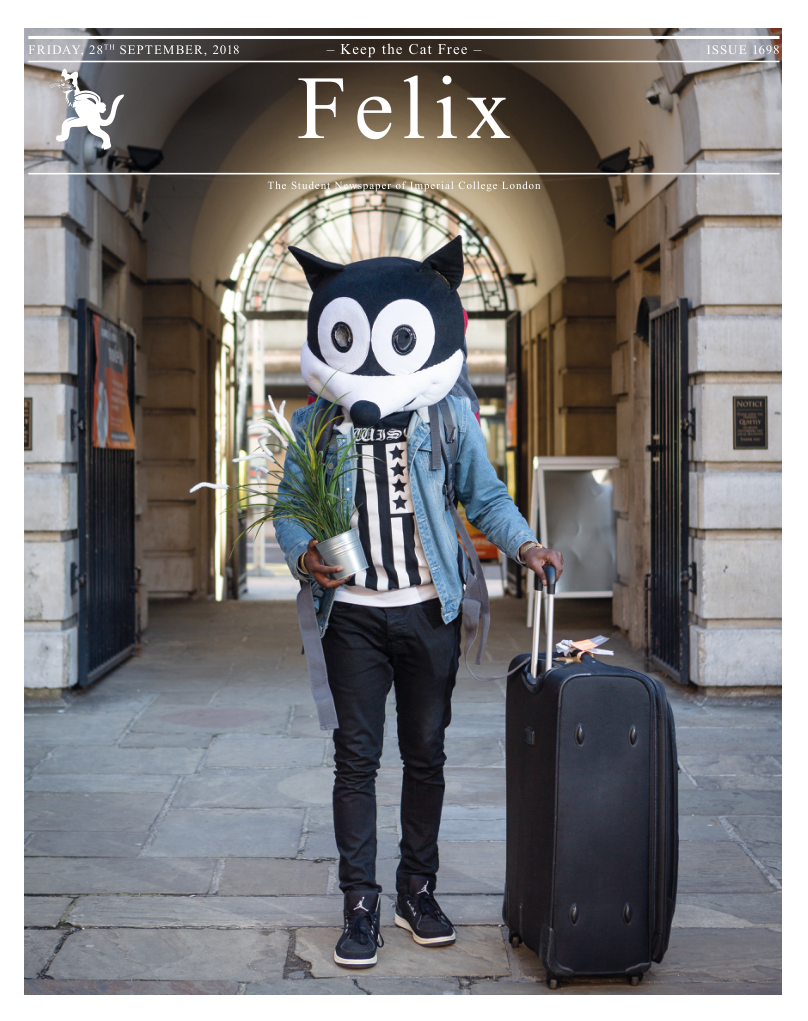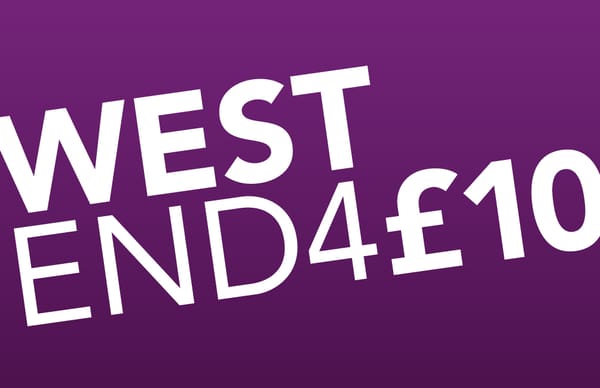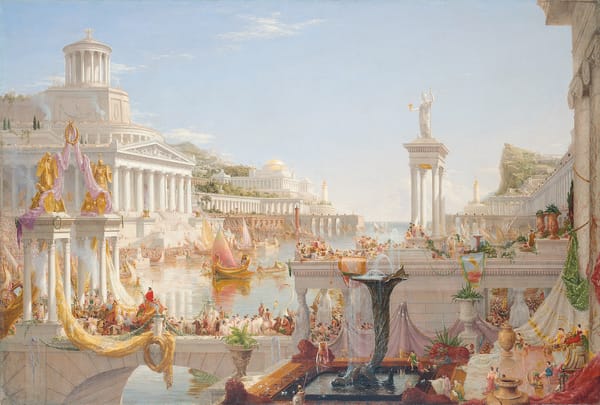BBC Proms
This year’s season is just over, but the BBC Proms are a staple of London summer not to be missed. Arts editor Claire Chan gives you the lowdown on promming and what to expect for next year.

The Proms concerts are an annual tradition dating back to the late 1800s, when open-air ‘promenade concerts’ had become popular in London’s pleasure gardens. Rather than sitting stiffly down to listen to music, concertgoers would stroll, or promenade, through the gardens while enjoying fresh air and the outdoors.
Back then classical music had a bit of a reputation for stuffiness and inaccessibility that still dogs the genre even today. Robert Newman, the then-manager of the Queen’s Hall, had the bright idea of offering indoor promenade tickets to the public, advertising low ticket prices and an informal atmosphere where eating, drinking and smoking would be permitted during the concert.
Much has changed since the inaugural Proms concert in 1985. The original Queen’s Hall was destroyed during the London Blitz in 1941, with the Royal Albert Hall having served as the venue for the Proms ever since. The BBC took over organisation and direction of the Proms after Newman’s death in 1927, adding new innovations such as lunchtime chamber concerts, Proms in the Park, and live broadcasting of every concert. And while the informal atmosphere remains, smoking is of course no longer permitted during the concerts!
So how does one join the ranks of ‘Prommers’? The Proms run every year in summer from the second weekend of July to the second weekend of September. Over 1000 promming spaces are available for each concert and cannot be pre-booked, meaning that promming is an excellent (and cheap) way to get tickets to concerts which are otherwise sold out.
Traditionally, the done thing is to queue for tickets outside the Royal Albert Hall on the day itself. The £6 promming tickets are given out from 2 hours before the start of a performance, although keen concertgoers may start queueing much earlier. Perhaps to save people from dessicating in the heatwave, this year ‘skip the queue’ number coupons were also given out from 9am on the morning of the concert itself. This essentially holds your place in the queue for later on in the evening; you just turn up with your queue number and shove your way in front of everyone else who has a queue number after yours. Worth it if only for the resultant feeling of smugness. For those who would prefer to avoid social interaction altogether, a limited number of online tickets are also available from 9am on the day of the performance, with an additional £1.12 booking fee.
Regardless of how you get your tickets, the scene when you actually arrive outside the Royal Albert Hall is usually one of organised chaos. Lots of different queues at different doors (day tickets, pre-purchased, gallery / arena, season passes…) and everyone apart from you seems to know where they’re supposed to be standing. Personally, I couldn’t figure out the logic of the queues even after my seventh time going, so it’s best to ask one of the stewards rather than standing in the wrong line for half an hour.
There are two areas reserved for promming at the Royal Albert Hall: the arena, on the ground floor right in front of the orchestra, and the gallery, located up in the gods near the ceiling of the concert hall. Which is better? Each has its own charms – the arena has indubitably better sound quality, but is rather more formal. Expect to stand for the entirety of the evening; even if you try to sit down, ushers will come by and chivvy you to stand up so that more people can fit in at the back. In contrast, the gallery is very far from the orchestra and sound can be a bit muffled, but it commands an excellent view of the stage. The gallery is also much less formal – people bring cushions, picnic mats and even inflatable mattresses to lie on. Anything goes really as long as you don’t disturb your fellow concert-goers by eating crisps noisily during the wild melodrama of ‘Night on the Bare Mountain’ (as happened to yours truly). Whether at the arena or gallery, there is no dress code for proms – wear whatever you like!
What can one expect out of a night at the Proms? Despite its evolution over the years, the main aim of the Proms is still to make world-class classical music accessible to all. Each night’s programme is often thematically arranged, with pre-show talks held at Imperial’s very own Union Bar. Expect the usual popular repertoire but also contemporary composers and less-known works, a practice which dates back to when Sir Henry Wood conducted the Proms in the early 1900s. While the BBC Symphony Orchestra is the main orchestra, a wide variety of world-famous guest orchestras, soloists and conductors make their way through the Royal Albert Hall for each year’s Proms. Highlights from this year include the Berlin Philharmonic conducted by Kirill Petrenko, and Seong-Jin Cho playing Chopin’s Second Piano Concerto.
Finally, the Last Night of the Proms is always a boisterous and wildly popular affair. It’s been described as “classical music’s biggest party”. The atmosphere is festive; balloons and party poppers abound, as does much enthusiastic waving of Union Jacks. Regular tickets for the Last Night are allocated by ballot, while only prommers who have gone for 5 or more shows in the season are able to get £6 promming tickets for the Last Night. Usually a combination of crowd-pleasing classics and British patriotic pieces, it’s always a night not to be missed.
An evening at the Proms is a magical experience. Bring that special someone – or meet them in the ticket queue! This year’s season is sadly over, but it’s definitely something to look out for come next July.









